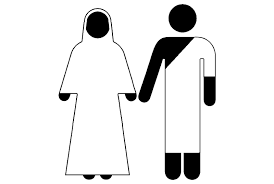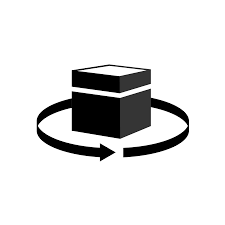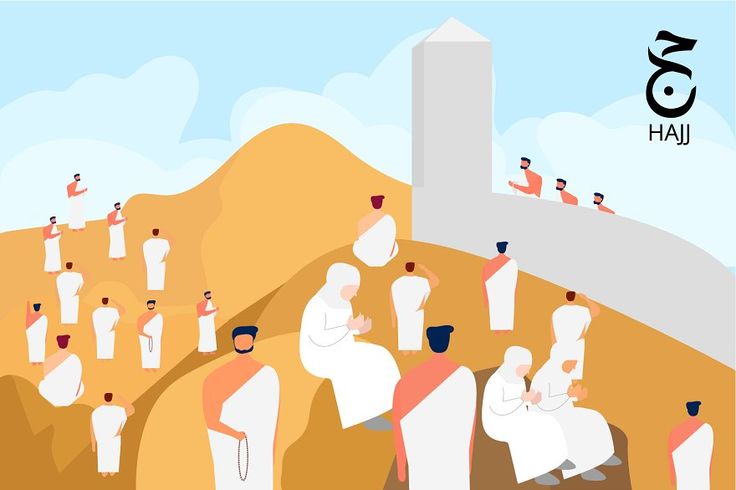Hajj: The Pilgrimage to Mecca
A Journey of Faith, Unity, and Renewal
“Whoever performs Hajj for Allah's pleasure and does not have sexual relations with his wife, and does not do evil or sins, then he will return (after Hajj free from all sins) as if he were born anew.”
(Sahih al-Bukhari, Hadith 1521)
Hajj: The Pilgrimage to Mecca
A Journey of Faith, Unity, and Renewal
“Whoever performs Hajj for Allah's pleasure and does not have sexual relations with his wife, and does not do evil or sins, then he will return (after Hajj free from all sins) as if he were born anew.”
(Sahih al-Bukhari, Hadith 1521)
What is Hajj?
Hajj is one of the Five Pillars of Islam, and it is the pilgrimage to Mecca that every Muslim must try to complete at least once in their lifetime, provided they are physically and financially able.
Here are the five key points of Hajj:





Here are some frequently asked questions about Hajj
What is Hajj, and why is it so important?
Hajj is a pilgrimage to Mecca that every Muslim should try to do at least once in their life, if they’re able. It’s like the ultimate spiritual adventure—a journey to connect with Allah, meet Muslims from all over the world, and reflect on life. Think of it as a once-in-a-lifetime road trip, but with a deep purpose!
Why do Muslims wear those white clothes during Hajj?
Those white garments are called Ihram, and everyone wears them to look equal and humble before Allah. No fancy clothes, no designer labels—just pure simplicity. It’s a reminder that in Allah’s eyes, everyone is the same, no matter where they come from.
Why do people walk in circles around the Kaaba?
This is called Tawaf, where pilgrims walk around the Kaaba seven times. It’s like joining a cosmic dance, moving together in harmony. It’s a way to show devotion and to feel part of something bigger than yourself. It also symbolises unity, as everyone is revolving around the same central point—Allah.
What’s the story behind walking between the hills of Safa and Marwah?
Fasting is for adults, but there are exceptions! If someone is sick, elderly, pregnant, traveling, or too young, they don’t have to fast. It’s not about making people suffer—it’s about doing what you can with a sincere heart.
Why do people throw stones at pillars?
This is called Stoning the Jamarat, and it represents throwing away bad habits and rejecting evil. Pilgrims throw pebbles at three pillars that symbolise Satan. It’s like saying, “Not today, Satan!” and making a personal commitment to choose what’s right.
Want to know more?
"In the name of Allah, the Most Gracious, the Most Merciful."
We understand that you may have countless questions and worries as you navigate your spiritual journey.
Know that seeking knowledge is an act of worship in itself, and Allah invites us to learn and grow closer to Him.
The first revelation to our beloved Prophet Muhammad (peace be upon him) was:
اقْرَأْ بِاسْمِ رَبِّكَ الَّذِي خَلَقَ
"Read in the name of your Lord who created."
Quran 96:1
Below is a tool dedicated to answering your questions in light of Islam, helping you every step of the way as you seek clarity and peace.
Join the Dawah Community!
Become a part of the Muhajirun, a community inspired by the spirit of dedication and sacrifice of the early companions of the Prophet Muhammad (ﷺ).
As a member, you’ll unlock exclusive lessons, achieve certificates, and connect with Muslims worldwide all free of charge!
Enjoy direct access to inspiring figures, engage with trusted charities, and even work with a personal trainer to enhance your well-being.

©Dawah - Built By Xplor Group
